Call the accused.
You are Colin Falconer, the author of Isabella, Braveheart of France.
That’s right. It says so on the cover.
Yes, let’s start with the cover. You call Isabella ‘braveheart’. History has rather called her a she-wolf. In his testimony, her husband the king substantiates that.
Well, she was brave. She might have been a she-wolf as well, people are never black or white.
Because I call her Braveheart does not mean I am taking her side. I did choose to tell the story from her point of view.
How can you take her part in this? She committed regicide! She murdered her husband!
Giving her point of view doesn’t mean I’m taking her part. Besides, her degree of her complicity has never been proved. There were even rumors that he didn’t die at all. But even if she was complicit, she wasn’t murderous when she first came to England.
She has a compelling story to tell. I tried to tell it.
You believe all her lies? You think she was justified in what she did?
No, I think she believed she was justified. She was far more complex than people thought.
I think she was underestimated by her contemporaries because she was a woman. What people saw was not necessarily what they got. In fact it certainly wasn’t - look what happened later.
When she invaded England she was living in exile in France, her brother Charles, the King of France, had washed his hands of her and she had just five hundred men and her wits to turn the tide against her.
No matter what you think of her, it was a remarkable thing to do.
But you’re a novelist, not a historian. How can you presume to know what she was thinking and feeling. How can you know what anyone was thinking and feeling?
I don’t presume to know.
I’m speculating on the facts, trying to understand why she and Edward and everyone around them acted as they did. It may or may not be true.
Historians deal in facts and only facts. Historical novelists try to learn the facts and then imagine what might have happened in the background.
But you have surely presumed too much. How can you know what Edward really felt about Hugh Despenser the Younger, for instance?
We know Edward was defeated at Bannockburn in 1314. That’s a fact. You can’t tamper with that.
But other things are not certain. We don’t know, for instance, if he had a physical relationship with Hugh Despenser. If not, what other reason might he have had for raising him so high above everyone else? It’s an intriguing question and one I chose to speculate on.
But by taking Isabella’s viewpoint you have made her the heroine of your story.
Well, we see the story through her eyes.
But it’s a much more complex story than that.
For instance, Edward was a very bad king but then good kings can also be very bad people. It’s your judgment not mine.
If there’s anyone who’s unsympathetic it’s probably Hugh Despenser. But then in this storyline we don’t have the chance to get to know him, we just know what he does.
But after Mortimer and Isabella took power they only lasted four years. Her own son kicked her off the throne and executed her lover. How can she be other than how history painted her?
But all that came later. My purpose was to look at a moment in history before that, what led to it. There are no cartoon villains here. Despenser was ruthless but he didn’t drive the plot, he was an effect of it.
Did Edward allow himself to be manipulated again by his lover - or could there have been another, more interesting, reason?
The villain anyway is the world Edward and Isabella were born into - they are both victims of it and it is never going to let them go unless they find a way out - and when you’re king and queen of England getting out poses a big problem.
You changed the ending! Everyone knows Edward was killed with a red hot poker up his …
You’d like that, wouldn’t you? No, he wasn’t. But you can understand how the story came about. Look, everyone has their own opinion about history, and for most people it’s set in stone. Fair enough.
But Bernard Cornwell said in a recent interview: “If you are wanting to write historical fiction I always say, you are not an historian. If you want to tell the world about the Henrician reformation, then write a history book - but if you want an exciting story, then become a storyteller. Telling the story is the key.”
I’ve tried to tell her story as well as keep to the facts. It’s what novelists do.
You be the judge. Isabella is one sale now.
ISABELLA, Braveheart of France.
available now from Amazon US and Amazon UK
as well as NOOK, KOBO and APPLE
And also available as POD from Cool Gus publishing.



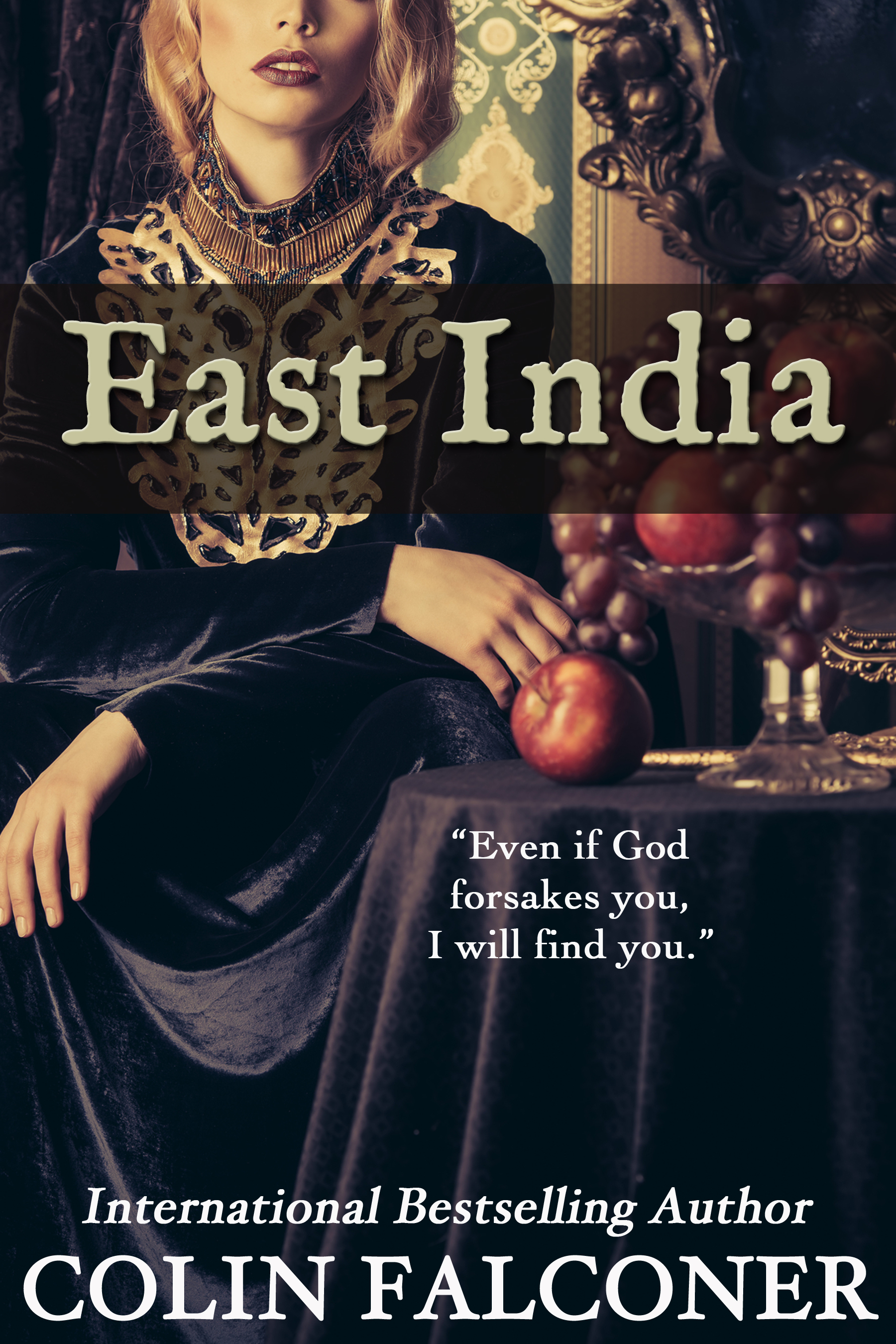
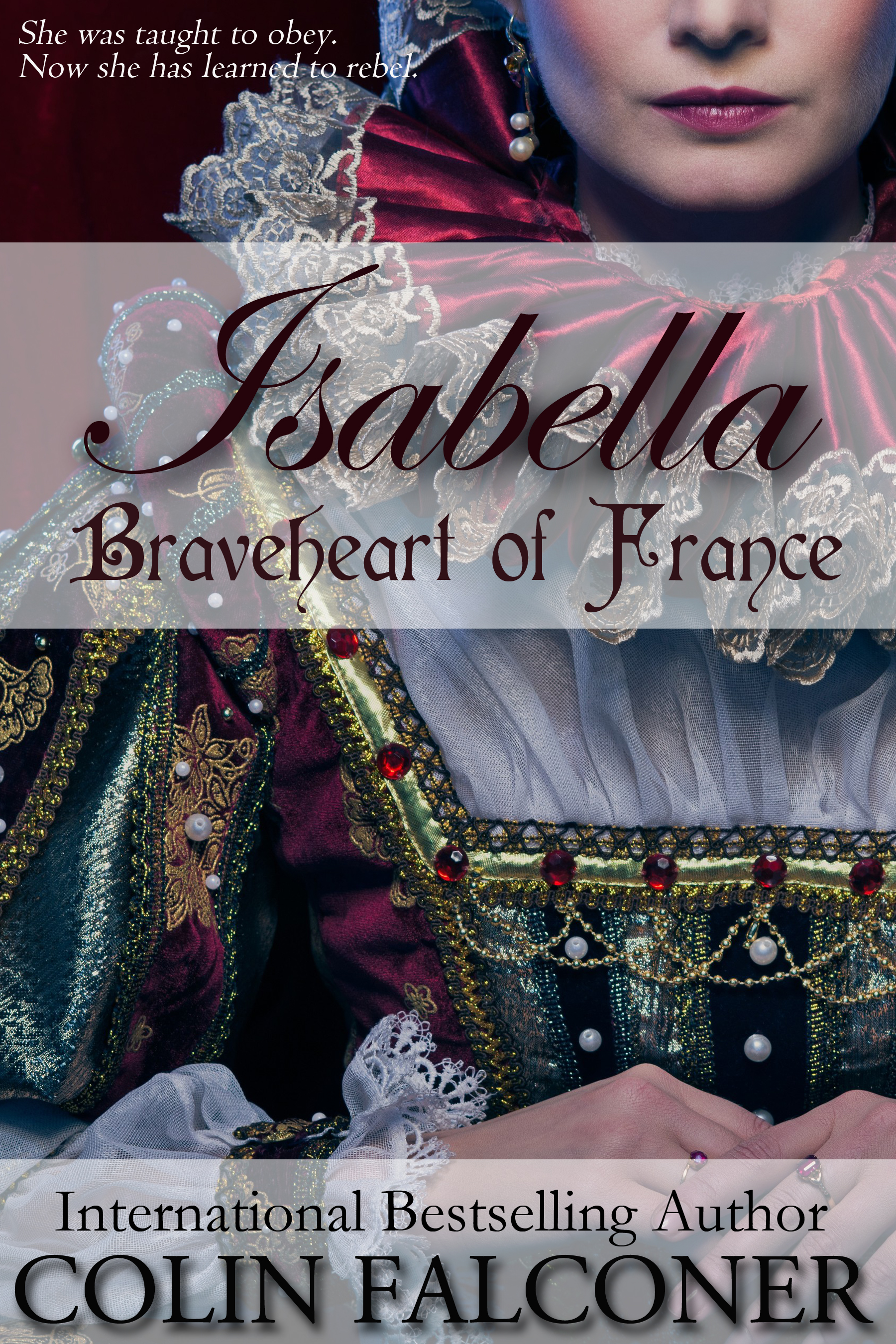


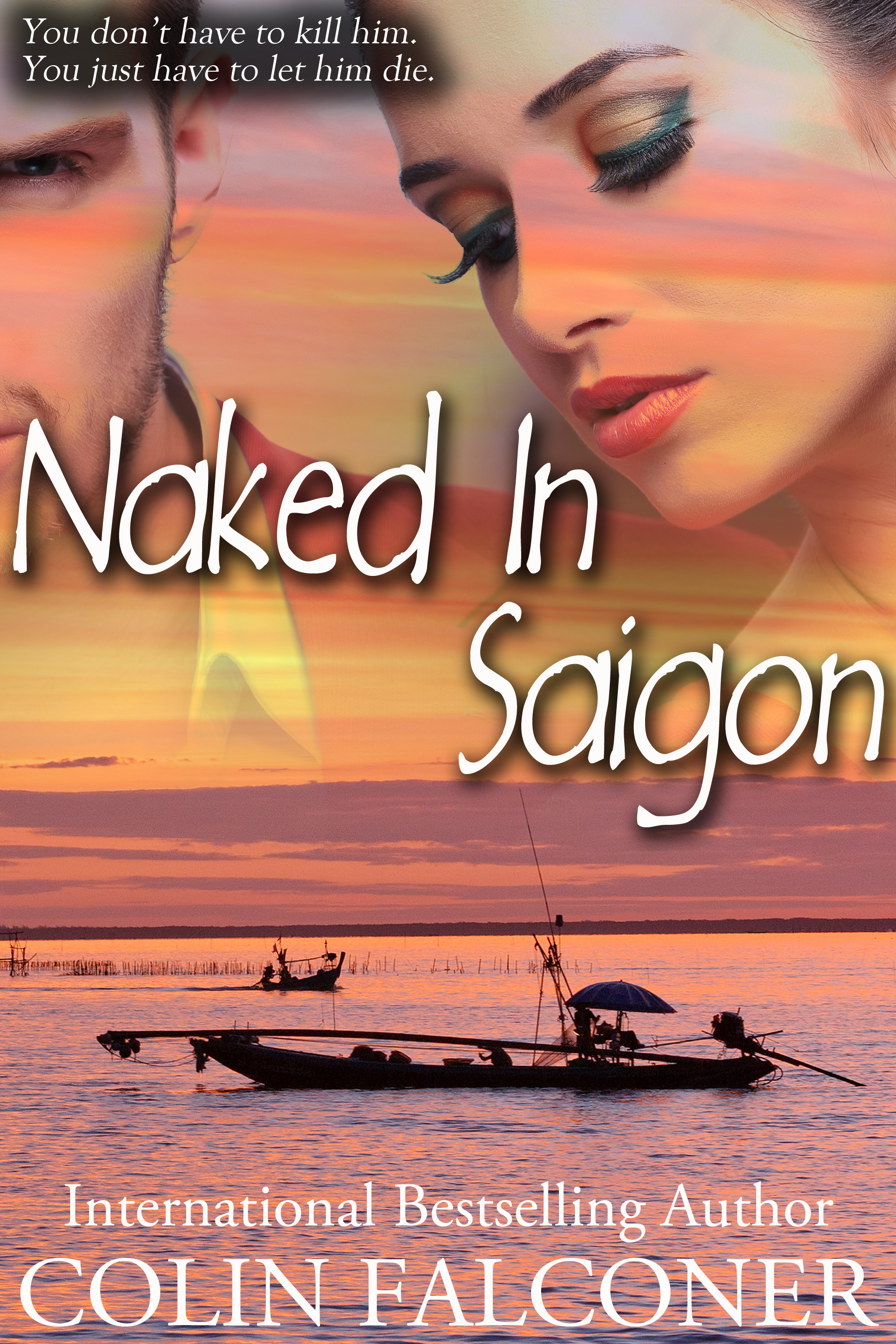
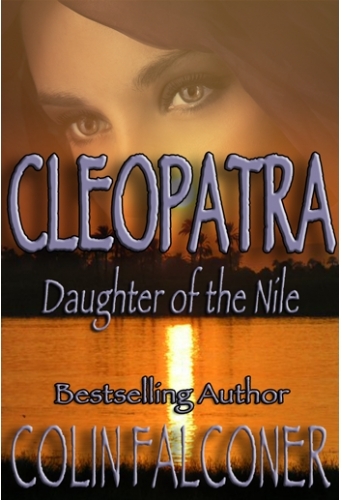



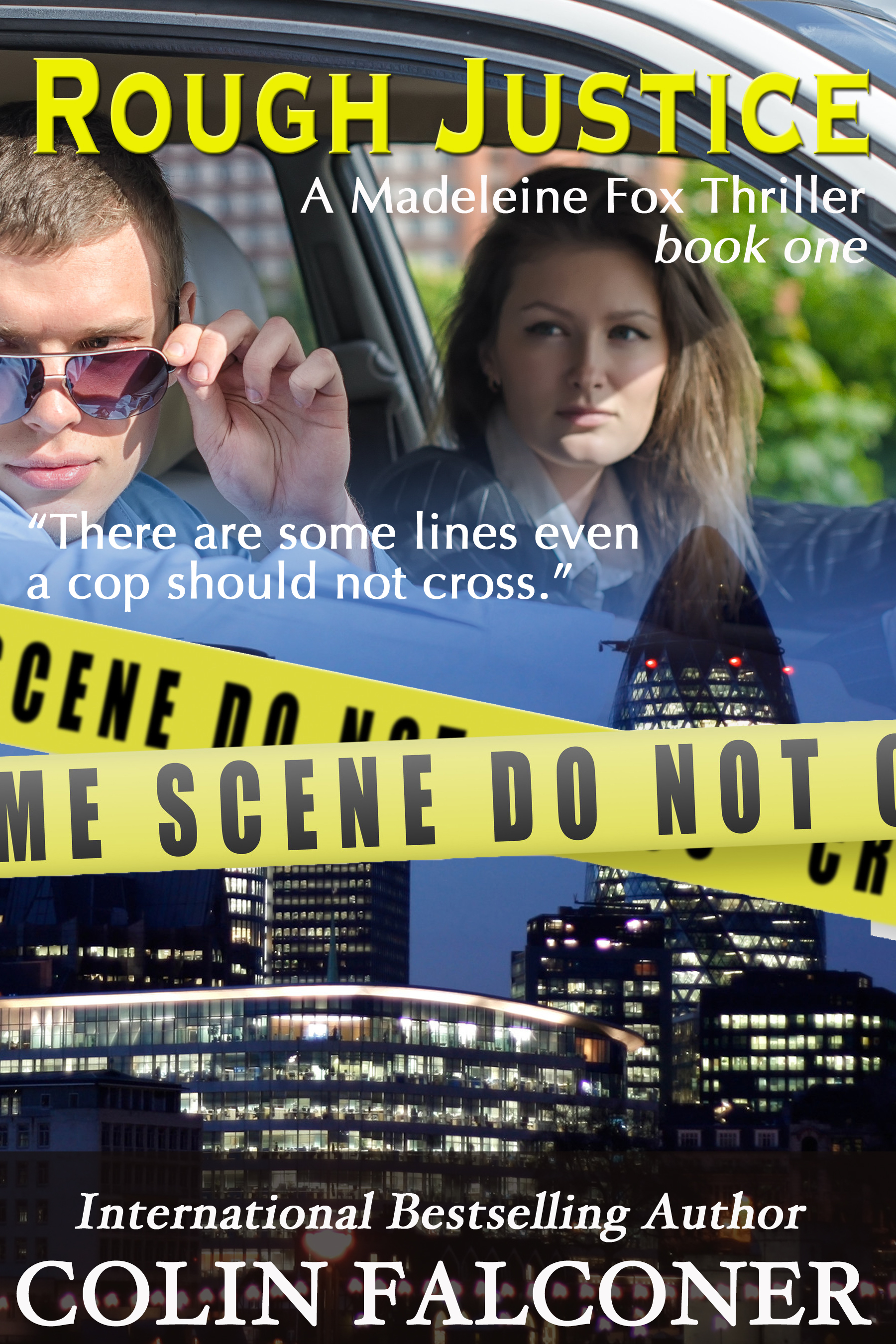
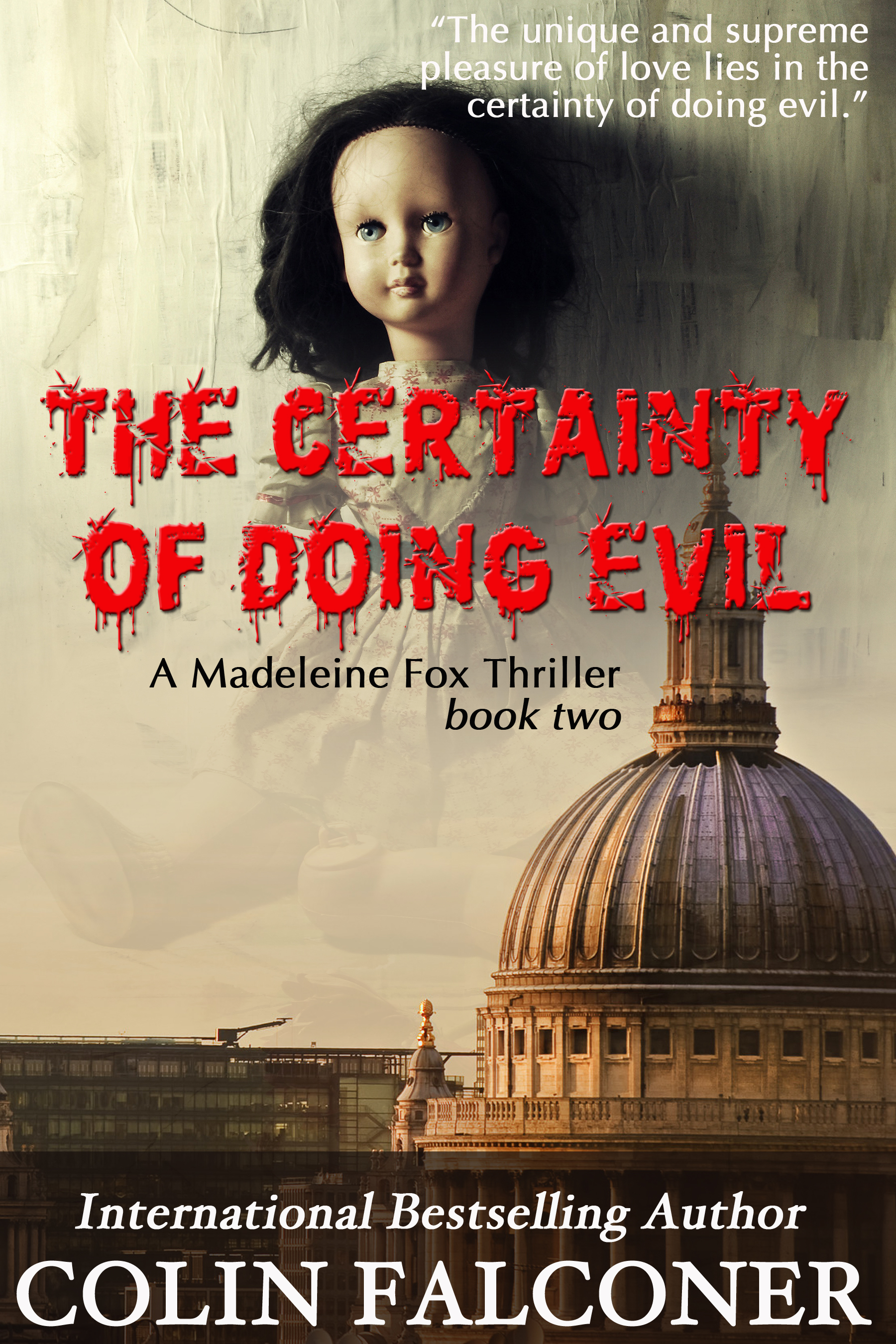
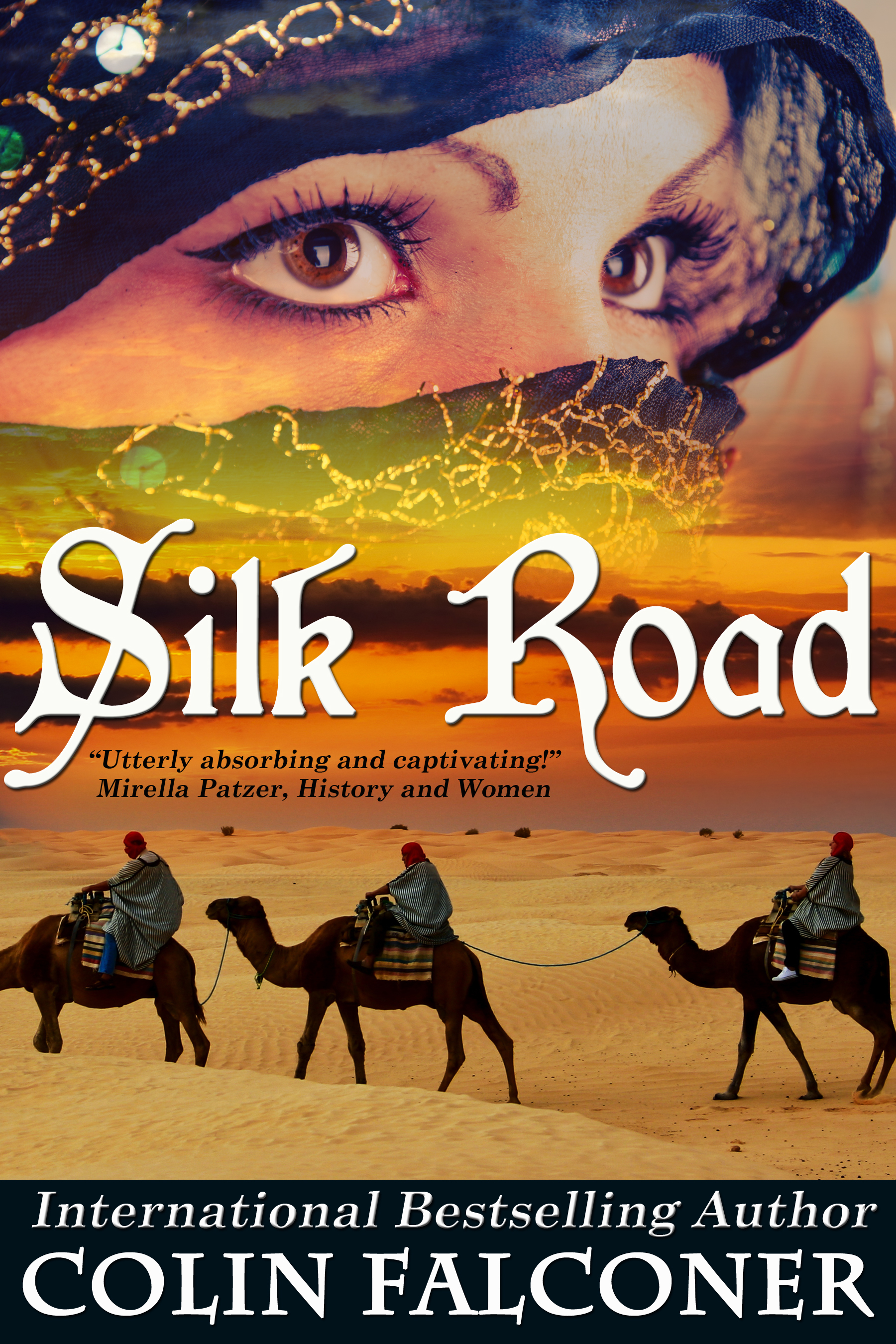

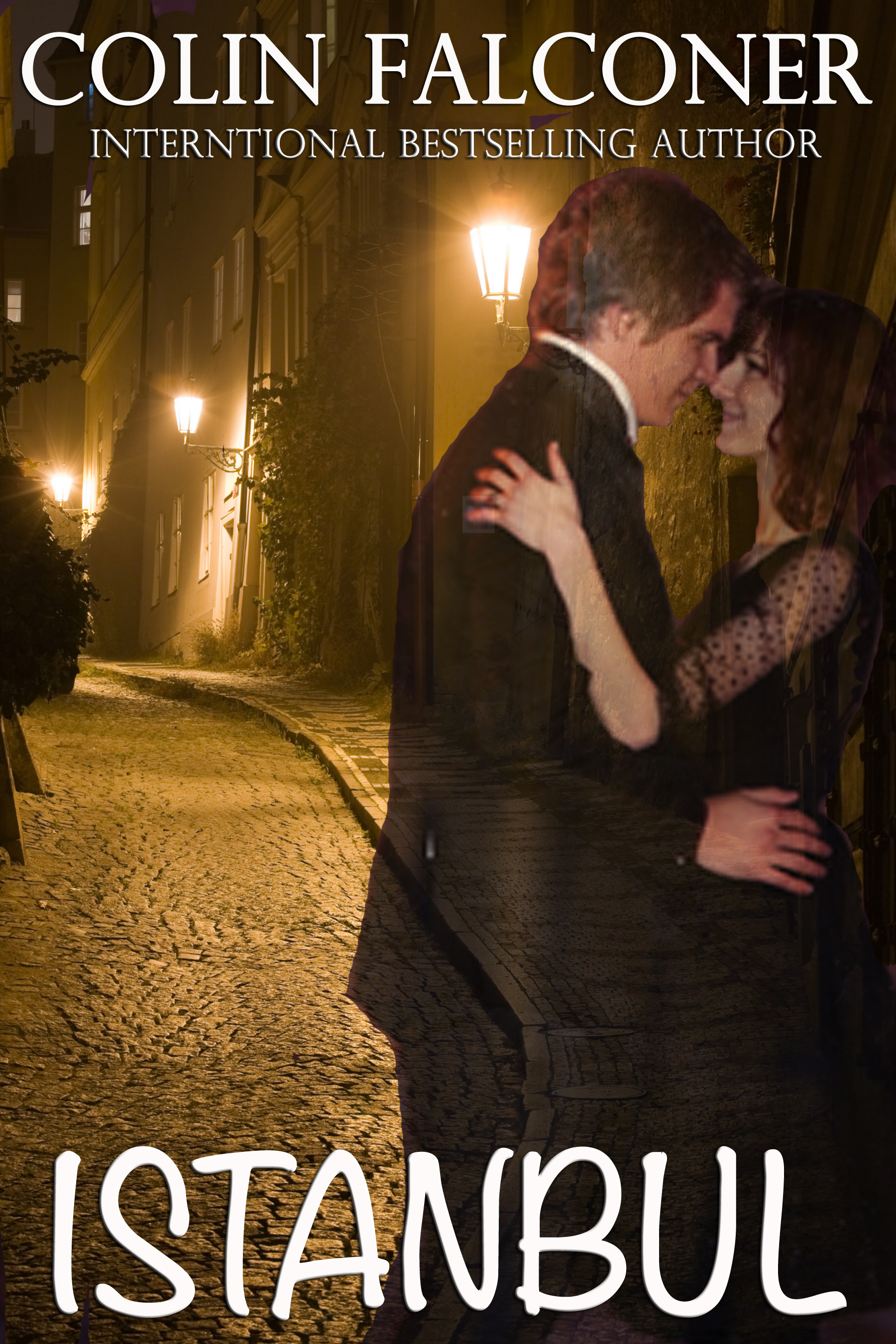

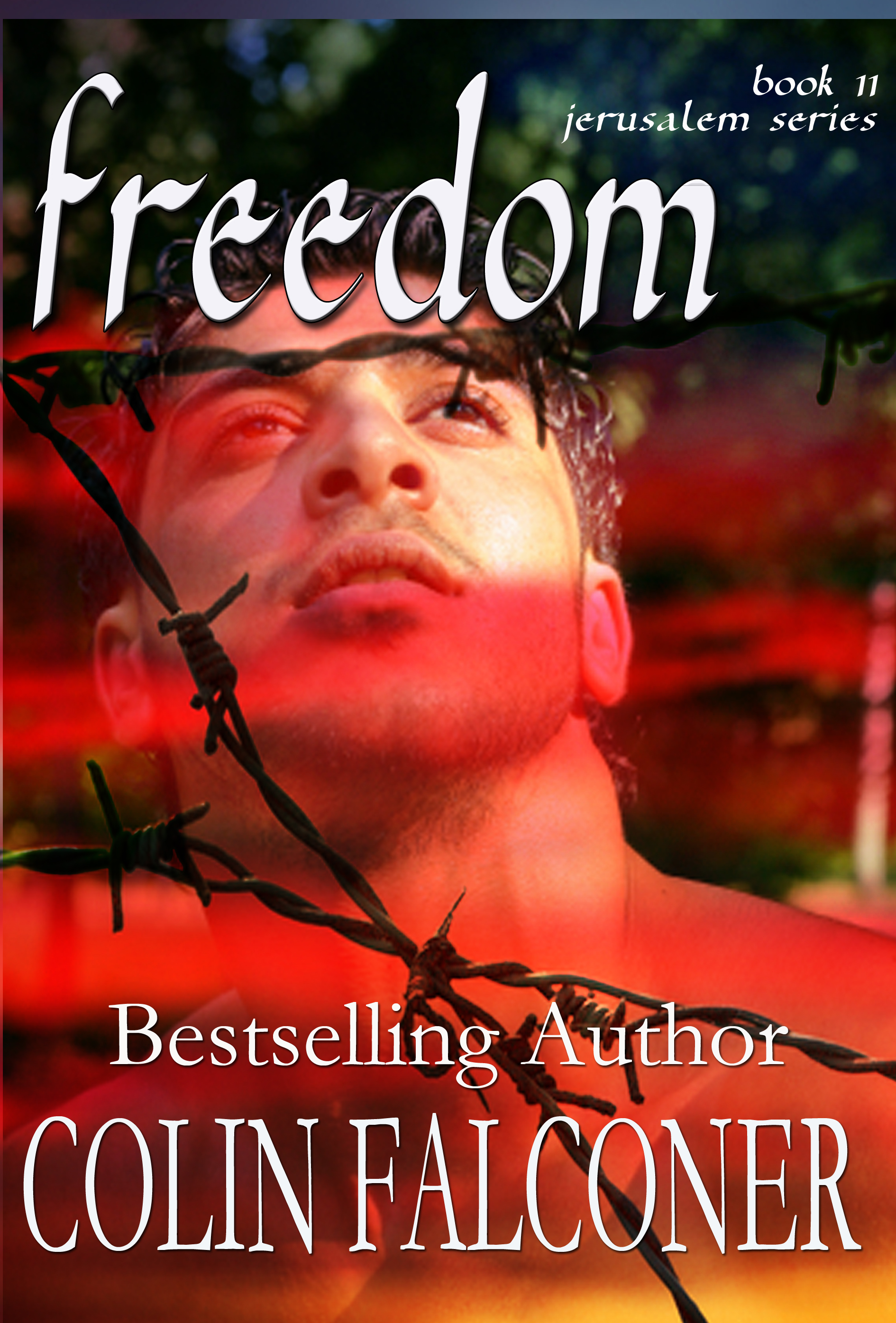


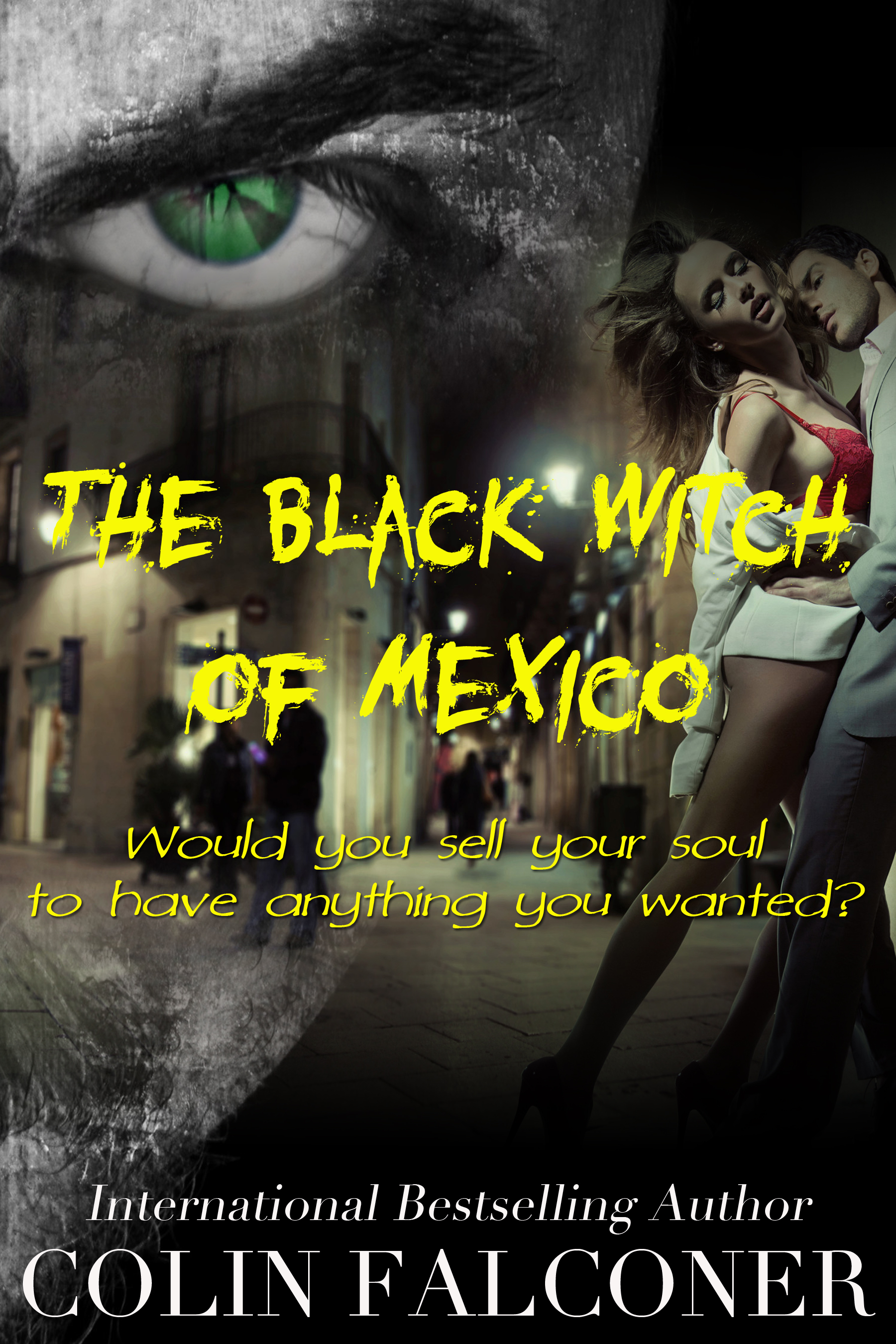


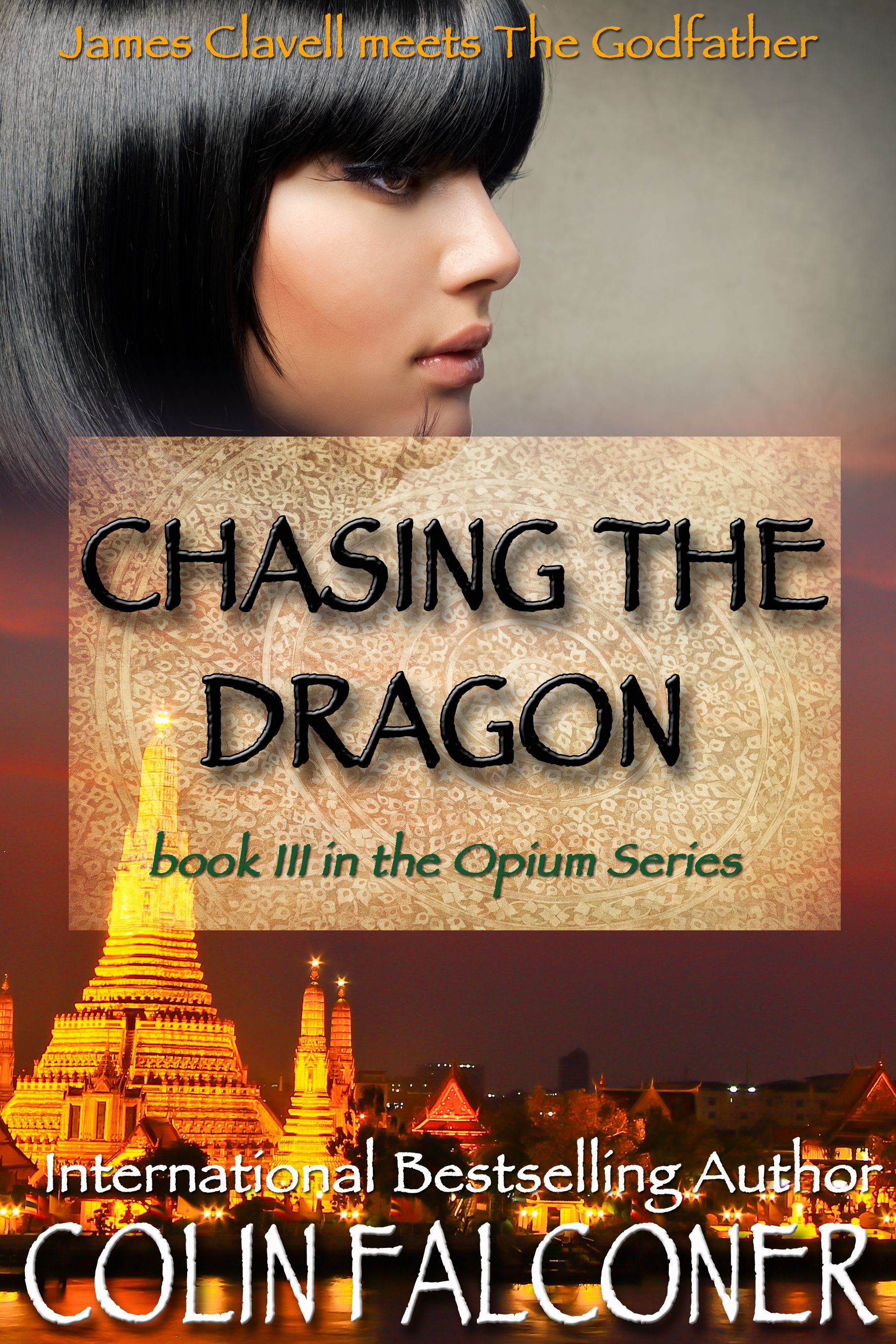
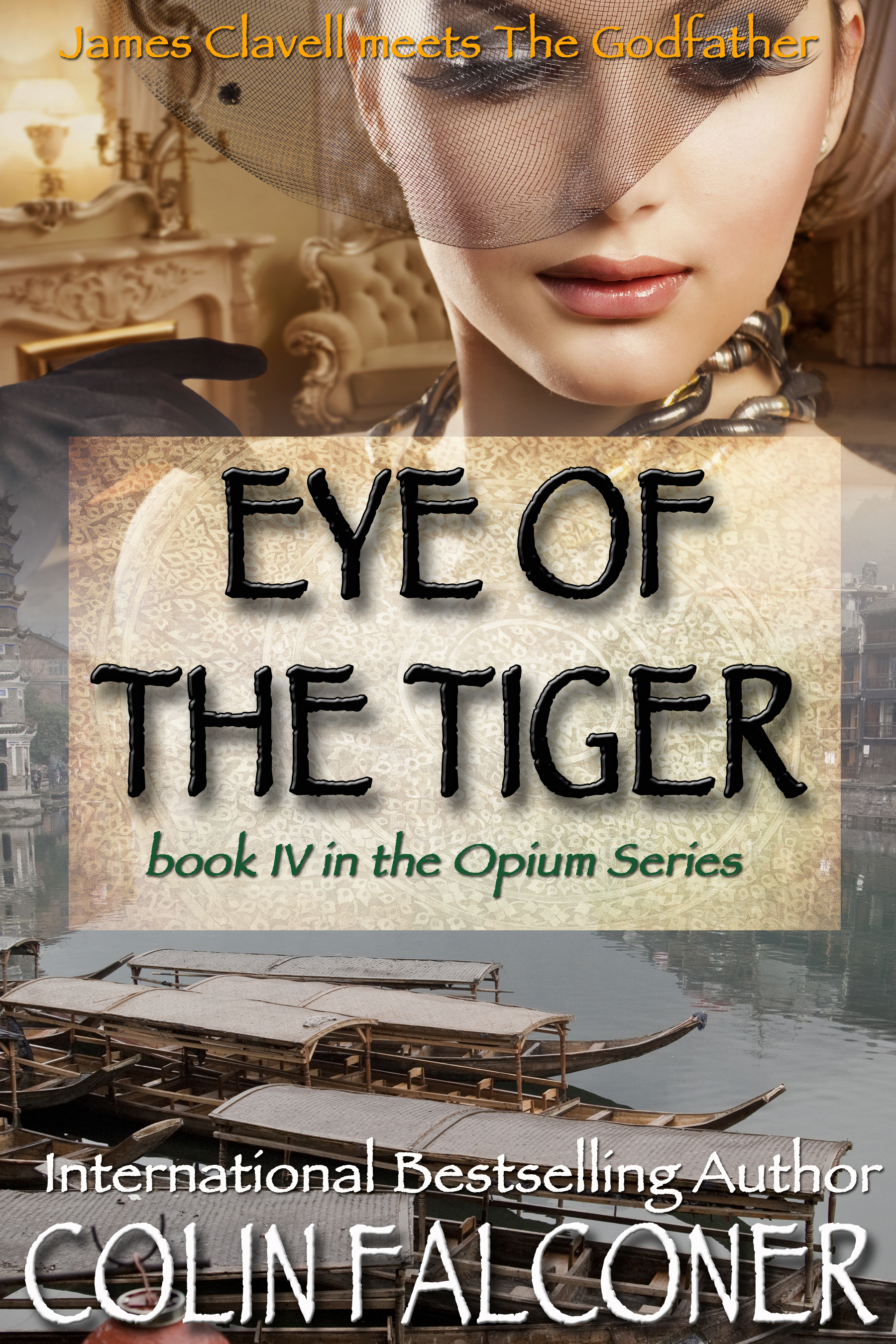
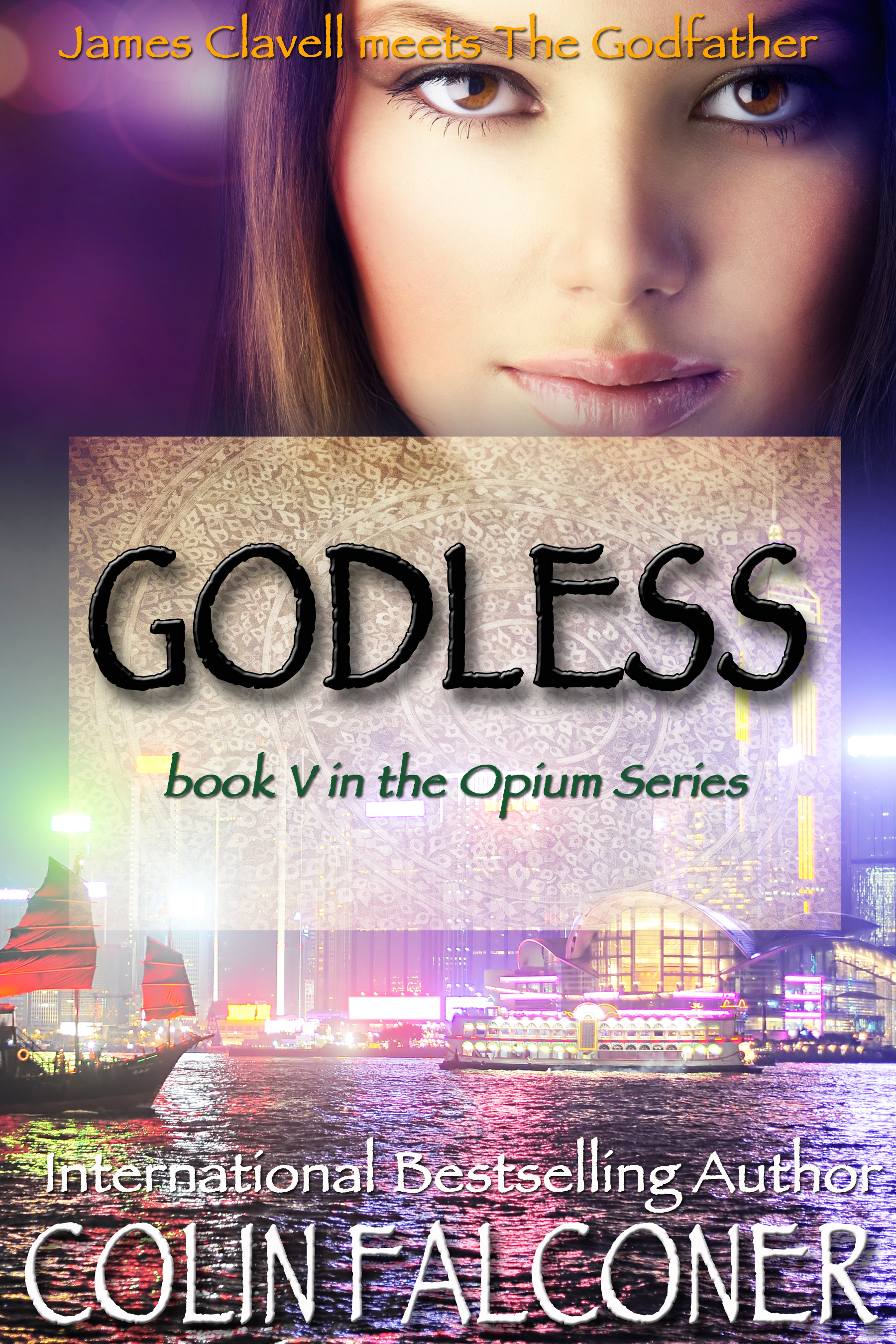
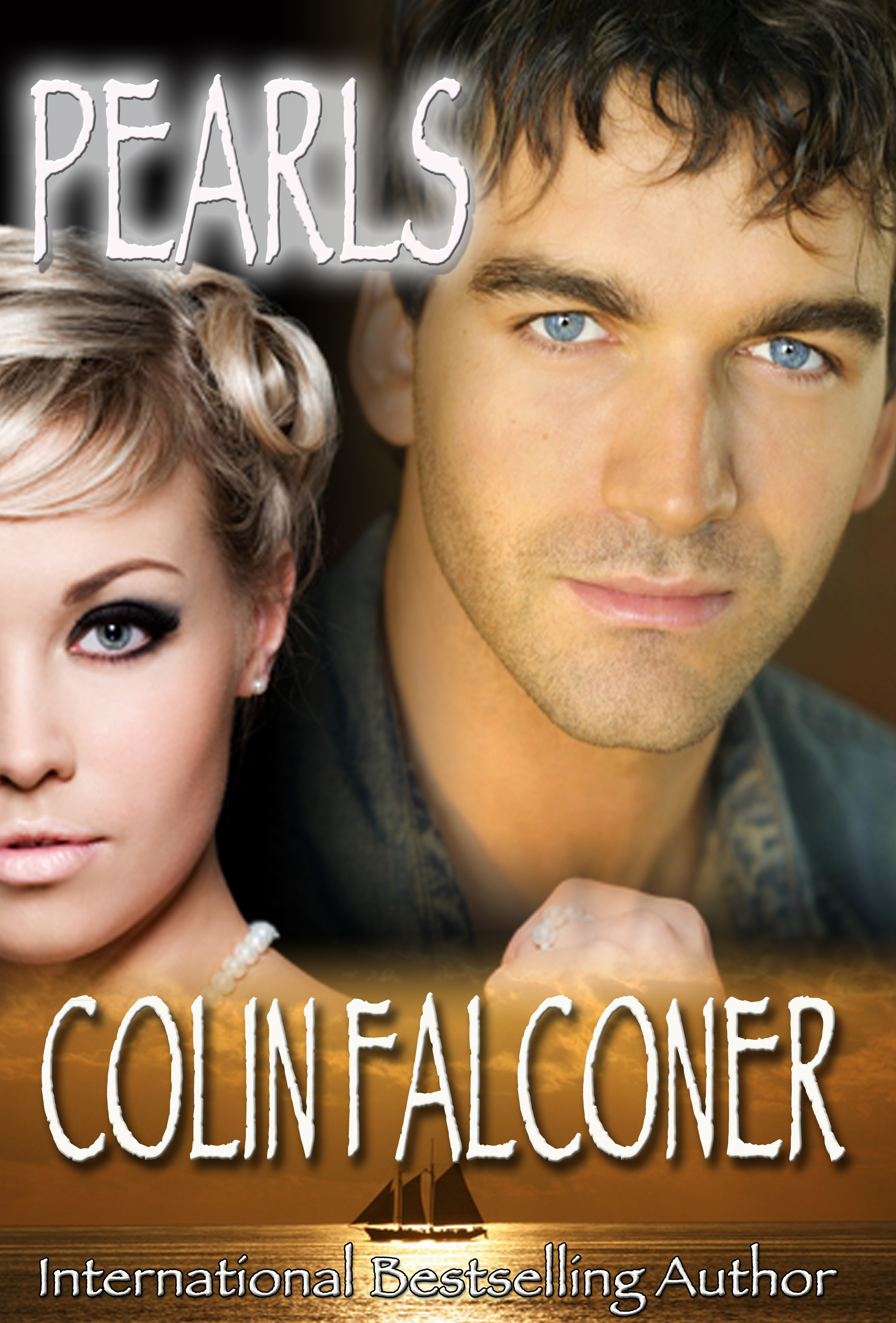



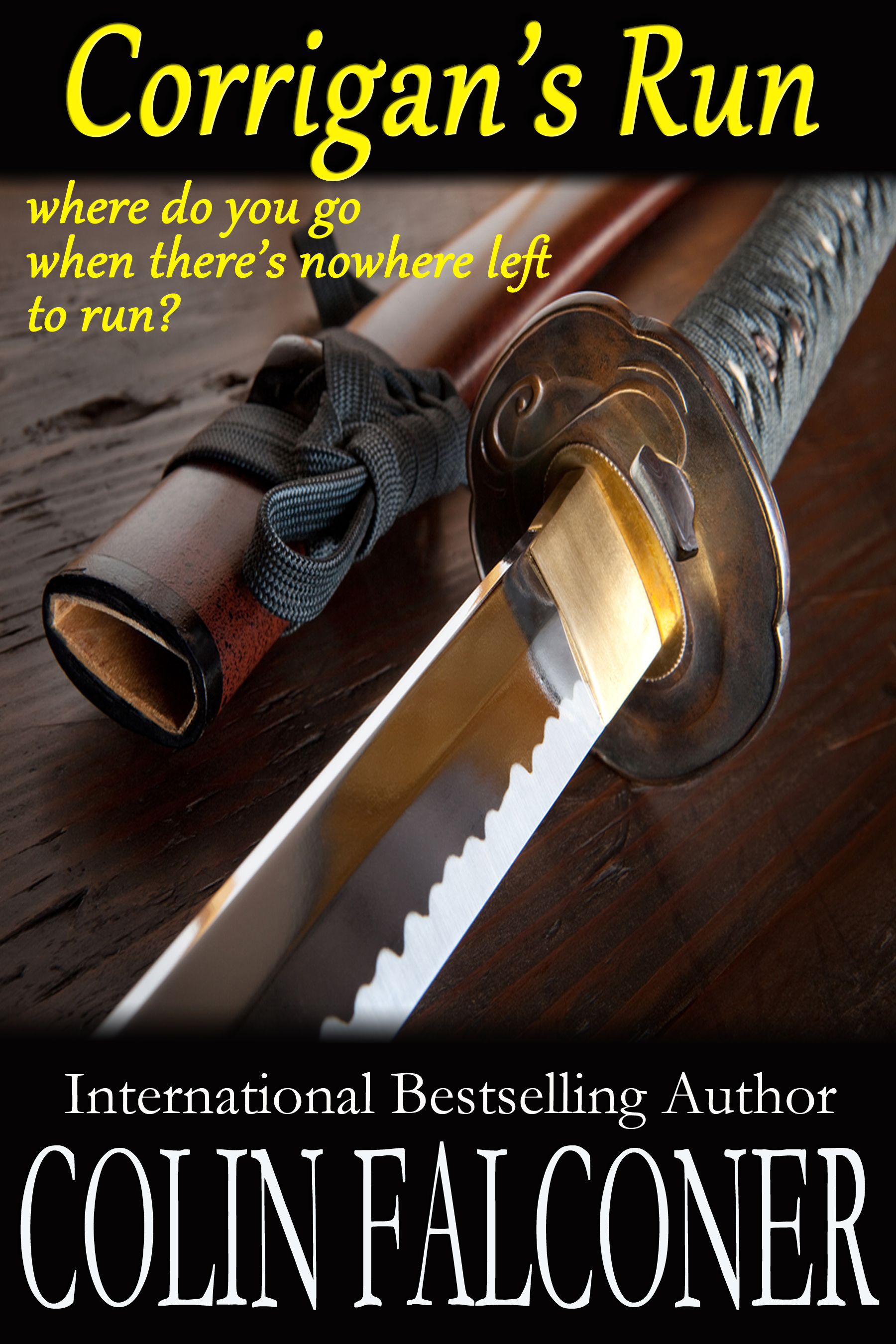
I am such a fan of your approach (and that of Bernard Cornwell) to hist.fict. May have to quote the both of you in a blog post later today. Best wishes with Isabella…
Thanks Prue. I think the story comes but you shouldn’t mess with the facts, so I only choose a story if I think there’s something interesting in the interpretation that hasn’t been done. I’m a big fan of Cornwell.
Pingback: Freshly painted …the art of historical fiction. | Prue Batten's Blog
Well stated! Enjoyable, as well.
Thanks Jodi!
This is brilliant Colin.
Thanks Yvette! I got quite involved with these two characters!
The only disappointing aspect is that this logic is no longer instantly conveyed by that very sweet barrister’s wig!
Oh Liz. I was hoping no one would notice!
Not to worry. I didn’t notice the awe-inspiring dress robes either.
Damn! I knew I should have cropped that photo!
Loving these posts! Very cleverly done.
Thanks Darlene! While I was giving both sides of the story, I thought I’d add mine as well!
I truly enjoyed this post and it reminded me of several things. When historians carp about how “Historical Fiction” writers don’t write the truth, because… they’ve done primary research? Talked to every person involved in every minute of every event that ever happened? That smacks of omniscience and is impossible to prove.
In William Shirer’s masterpiece “The Rise and Fall of the Third Reich” he described a messenger as someone who (paraphrasing) duty done walked off the pages of history and back into obscurity. It has been several years since I have read this book, but this was in the early days, either the Anschluss or the squabbling over Czechoslovakia and Britain was still trying to keep a lid on the continent.
The other revelation, besides the fact that I love the idea of telling an historical event from another viewpoint, rather like “Rashomon,” is that the winners get to write the history. I remember for years, seeing all of the pictures of the old Soviet Space program. As a kid, and being a kid, even in a household with parents who were pretty highly sensitive to geo-political goings on, I was too young to understand things like, The Bay of Pigs, Missiles of October and all of that. I remember my father showing me the first Sputnik, But, I also now know that some of the Soviet Astronauts were air-brushed out of pictures; leaders disappeared. USSR had her version of the fight for the Motherland, but the proletariat have a different story. Now, it is harder to get away with saying something is, when it isn’t, with all of the video cameras, phone videos and eyes in the sky. It’s easier to test the veracity and prove it wrong. But, it still doesn’t tell the whole story, does it? Great, great post! Thank you, Colin!
One of the histories that I learned growing up was that it was okay to shoot native American indians providing you were in a wagon train and/or were John Wayne. Dances with Wolves and similar movies tried to redress the balance. History depends on who is telling the story. What you said about video cameras just gave me an idea for another post, about something that happened very recently in Oregon. I’ll post it tomorrow!
That is awesome and I am glad I provided you with an idea. I find that I get tons of ideas about different things from different writers (same thing with viola players and interpretations) and of course, I cannot wait to read this! Thanks again!